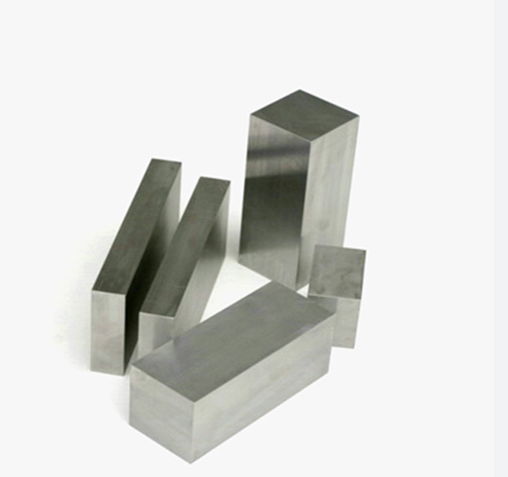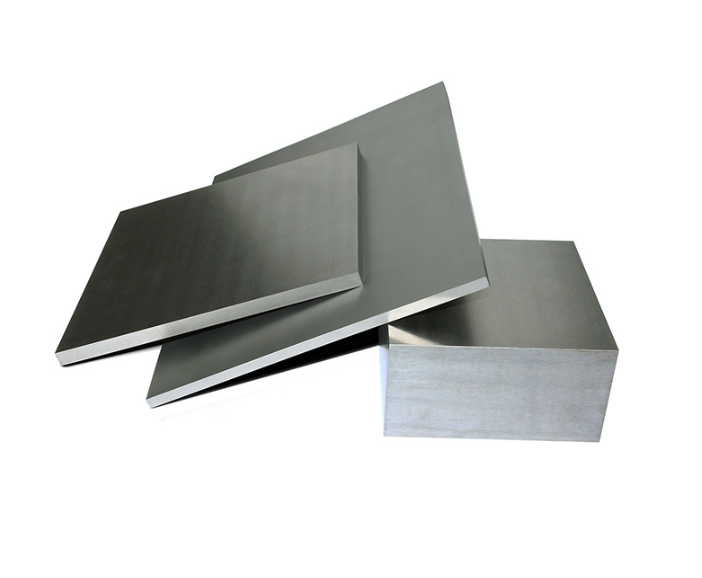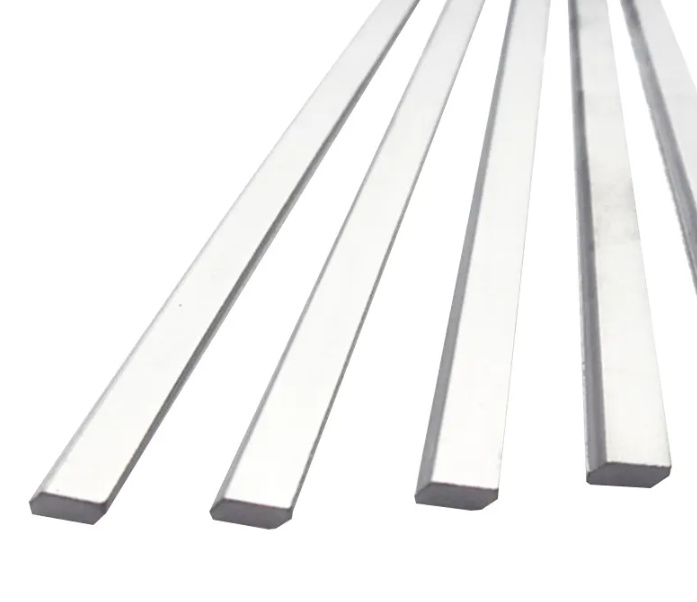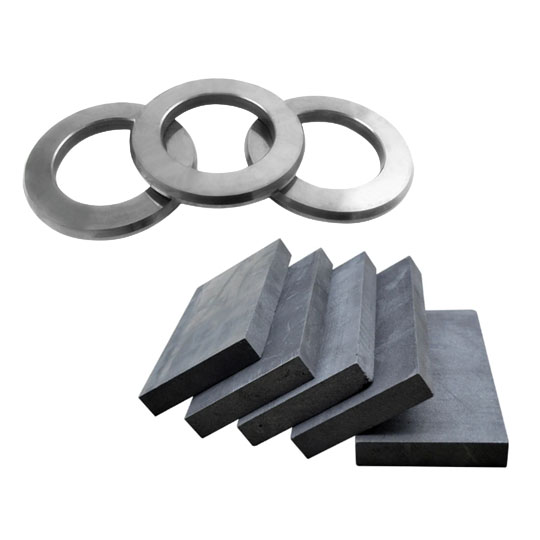소개
카바이드 톱 팁은 수많은 응용 분야에서 공구 성능과 수명을 향상시키는 절삭 세계의 숨은 영웅입니다. 하지만 모든 카바이드 톱 팁이 똑같이 만들어지는 것은 아니라는 사실을 알고 계셨나요? 카바이드 톱 팁의 등급에 따라 특성과 특정 작업에 대한 적합성이 결정됩니다. 이 종합 가이드에서는 다양한 재종이 성능에 미치는 영향과 필요에 맞는 재종을 선택하는 방법을 살펴보고, 카바이드 톱 팁 재종의 매혹적인 세계에 대해 자세히 알아볼 것입니다.
카바이드 톱 팁 등급 이해
카바이드 톱 팁 재종은 무엇인가요?
카바이드 톱 팁 등급은 구성, 입자 크기 및 성능 특성에 따라 카바이드 팁을 분류하는 것을 말합니다. 이러한 등급은 팁의 경도, 인성, 내마모성 및 다양한 절단 용도에 대한 전반적인 적합성을 결정합니다.
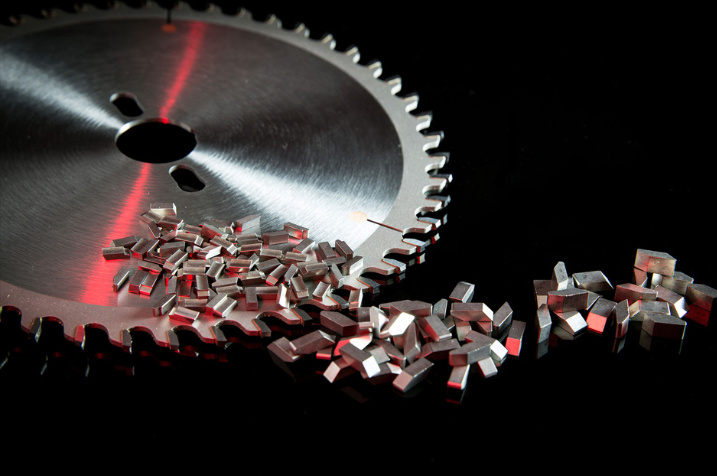
카바이드 톱 팁의 구성
카바이드 톱 팁은 주로 금속 바인더, 일반적으로 코발트(Co)와 결합된 텅스텐 카바이드(WC) 입자로 구성됩니다. 텅스텐 카바이드와 코발트의 비율과 카바이드 입자의 입자 크기는 톱 팁의 등급을 결정하는 핵심 요소입니다.
올바른 등급 선택의 중요성
공구 성능과 수명을 최적화하려면 적절한 카바이드 톱 팁 재종을 선택하는 것이 중요합니다. 올바른 재종은 효율적인 절삭, 마모 감소, 가동 중단 시간 최소화를 보장합니다. 반대로 부적합한 재종을 사용하면 성능 저하, 잦은 공구 교체, 비용 증가로 이어질 수 있습니다.
카바이드 톱팁 재종의 상세 분류
카바이드 톱 팁 등급은 일반적으로 입자 크기에 따라 미세 입자, 중간 입자, 거친 입자의 세 가지 주요 카테고리로 분류됩니다. 각 카테고리는 각기 다른 용도에 적합한 고유한 특성을 제공합니다.
마이크로 그레인 카바이드 톱 팁
초미립자 카바이드 톱 팁은 일반적으로 1마이크론 미만의 매우 미세한 텅스텐 카바이드 입자로 구성되어 있습니다. 이 팁은 탁월한 선명도와 정밀도로 유명합니다. 목공 및 미세 금속 가공과 같이 매우 정확한 절단이 필요한 작업에 이상적입니다.
중간 입자 카바이드 톱 팁
중간 입자 카바이드 톱 팁의 입자 크기는 1 ~ 2미크론입니다. 이 팁은 경도와 인성의 균형 잡힌 조합을 제공하여 다양한 절단 작업에 다용도로 사용할 수 있습니다. 일반적으로 목재, 금속 및 플라스틱 절단용 범용 톱날에 사용됩니다.
거친 입자 카바이드 톱 팁
거친 입자 카바이드 톱 팁은 일반적으로 2마이크론 이상의 큰 텅스텐 카바이드 입자로 구성됩니다. 이 팁은 날카로움보다 인성과 내충격성을 우선시합니다. 이 팁은 단단한 금속 및 연마재 절단과 같은 고강도 작업에 적합합니다.
다양한 등급의 속성 및 활용
다음 표는 다양한 카바이드 톱 팁 재종의 특성과 용도를 자세히 비교한 것입니다.
| 등급 | 입자 크기 | 경도 | 인성 | 내마모성 | 이상적인 애플리케이션 |
|---|---|---|---|---|---|
| 마이크로 그레인 | < 1 미크론 미만 | 매우 높음 | 보통 | 매우 높음 | 고급 목공, 고급 금속 가공, 정밀 절단 |
| 중간 곡물 | 1-2 미크론 | 높음 | 높음 | 높음 | 일반 목공, 금속 절단, 플라스틱 절단 |
| 거친 곡물 | > 2미크론 이상 | 보통 | 매우 높음 | 보통 | 고강도 금속 절단, 연마 재료 |
표 내용 설명
이 표는 입자 크기, 경도, 인성, 내마모성 등 다양한 카바이드 톱 팁 재종의 주요 특성을 강조합니다. 또한 각 재종에 이상적인 용도를 간략하게 설명하여 사용자가 특정 절삭 요구사항에 따라 정보에 입각한 결정을 내릴 수 있도록 도와줍니다.
카바이드 톱날 재종에 영향을 미치는 요인
카바이드 톱 팁의 등급 결정에는 다음과 같은 여러 가지 요인이 영향을 미칩니다:
1. 구성
텅스텐 카바이드와 코발트의 비율은 등급에 큰 영향을 미칩니다. 텅스텐 카바이드 함량이 높을수록 일반적으로 경도가 증가하고 코발트 함량이 높을수록 인성이 향상됩니다.
2. 입자 크기
텅스텐 카바이드 입자의 크기는 등급을 결정하는 데 중요한 역할을 합니다. 입자가 미세할수록 경도와 정밀도가 높아지고, 입자가 거칠수록 인성과 내충격성이 높아집니다.
3. 제조 프로세스
초경 톱팁 생산에 사용되는 프레스, 소결, 연삭 등의 방법도 최종 등급에 영향을 미칩니다. 정밀 제조 기술은 일관된 품질과 성능을 보장합니다.
4. 코팅
티타늄 질화물(TiN) 또는 다이아몬드 코팅과 같은 고급 코팅은 카바이드 톱 팁의 특성을 향상시켜 내마모성을 개선하고 수명을 연장할 수 있습니다.
올바른 카바이드 톱 팁 재종 선택
적절한 카바이드 톱 팁 등급을 선택하려면 몇 가지 요소를 고려해야 합니다:
1. 절단 중인 재료
재료마다 다른 등급의 카바이드 톱 팁이 필요합니다. 예를 들어, 섬세한 목공 작업에는 미세한 입자의 팁이 필요하고, 무거운 금속 절단에는 거친 입자의 팁이 유용합니다.
2. 절단 조건
절삭 속도, 이송 속도 및 온도 조건도 재종 선택에 영향을 미칩니다. 고속 절삭에는 열 안정성이 강화된 팁이 필요할 수 있습니다.
3. 원하는 마무리
커팅의 마감 품질도 중요한 요소입니다. 마이크로 그레인 팁을 사용하면 매끄러운 마감 처리로 정밀한 커팅을 할 수 있습니다.
4. 도구 수명
공구 수명을 연장해야 하는 애플리케이션의 경우 내마모성이 높은 재종을 선택하는 것이 필수적입니다. 팁을 코팅하면 내구성을 더욱 높일 수 있습니다.
시장 동향 및 혁신
카바이드 톱 팁 시장은 기술 발전과 변화하는 업계 수요에 힘입어 지속적으로 진화하고 있습니다. 주요 트렌드는 다음과 같습니다:
1. 고급 코팅
나노 코팅 및 PVD(물리적 기상 증착) 코팅과 같은 코팅 기술의 혁신으로 카바이드 톱 팁의 성능과 수명이 향상되고 있습니다.
2. 지속 가능한 관행
제조업체는 카바이드 소재를 재활용하고 생산 공정에서 폐기물을 줄이는 등 지속 가능한 관행을 점점 더 많이 채택하고 있습니다.
3. 사용자 지정
특정 용도와 절단 조건에 맞는 맞춤형 카바이드 톱 팁이 점점 더 보편화되고 있으며, 사용자의 고유한 요구 사항에 최적화된 성능을 제공합니다.
4. 스마트 기술과의 통합
IoT 지원 도구와 AI 기반 유지보수 시스템과 같은 스마트 기술의 통합으로 카바이드 톱 팁의 사용이 혁신적으로 변화하고 있습니다. 이러한 혁신은 실시간 모니터링, 예측 유지보수, 향상된 성능 최적화를 가능하게 합니다.
자주 묻는 질문
Q1: 미세 입자, 중간 입자, 거친 입자 카바이드 톱 팁의 주요 차이점은 무엇인가요?
A1: 마이크로 그레인 팁은 탁월한 선명도와 정밀도를 제공하여 섬세한 목공 및 금속 가공에 이상적입니다. 중간 입자 팁은 경도와 인성이 균형을 이루고 있어 범용 커팅에 적합합니다. 거친 입자 팁은 인성과 내충격성을 우선시하여 고강도 작업에 적합합니다.
Q2: 카바이드 톱 팁의 구성이 성능에 어떤 영향을 미치나요?
A2: 구성, 특히 텅스텐 카바이드와 코발트의 비율은 팁의 경도와 인성에 영향을 미칩니다. 텅스텐 카바이드 함량이 높을수록 경도가 증가하고 코발트 함량이 높을수록 인성이 향상되어 다양한 절단 작업에 대한 팁의 적합성에 영향을 미칩니다.
Q3: 고급 코팅으로 카바이드 톱 팁의 성능을 향상시킬 수 있나요?
A3: 예, 티타늄 질화물(TiN) 또는 다이아몬드 코팅과 같은 고급 코팅은 카바이드 톱 팁의 내마모성, 경도 및 전반적인 성능을 크게 향상시켜 수명을 연장하고 절단 효율을 개선할 수 있습니다.
Q4: 카바이드 톱 팁 등급을 선택할 때 고려해야 할 요소는 무엇인가요?
A4: 주요 요인으로는 절삭되는 재료, 절삭 조건(속도 및 온도 등), 원하는 마감 품질, 공구 수명 요건 등이 있습니다. 올바른 재종을 선택하면 특정 용도에 맞는 최적의 성능과 내구성을 보장할 수 있습니다.
Q5: 카바이드 톱 팁 시장의 현재 트렌드는 무엇인가요?
A5: 현재 트렌드에는 코팅 기술의 발전, 지속 가능한 제조 관행, 카바이드 팁의 맞춤화 증가, 실시간 모니터링 및 예측 유지보수를 위한 스마트 기술의 통합 등이 있습니다.
카바이드 팁 톱 팁을 좋은 가격에 구매하고 싶으신가요? 클릭하세요 여기.

